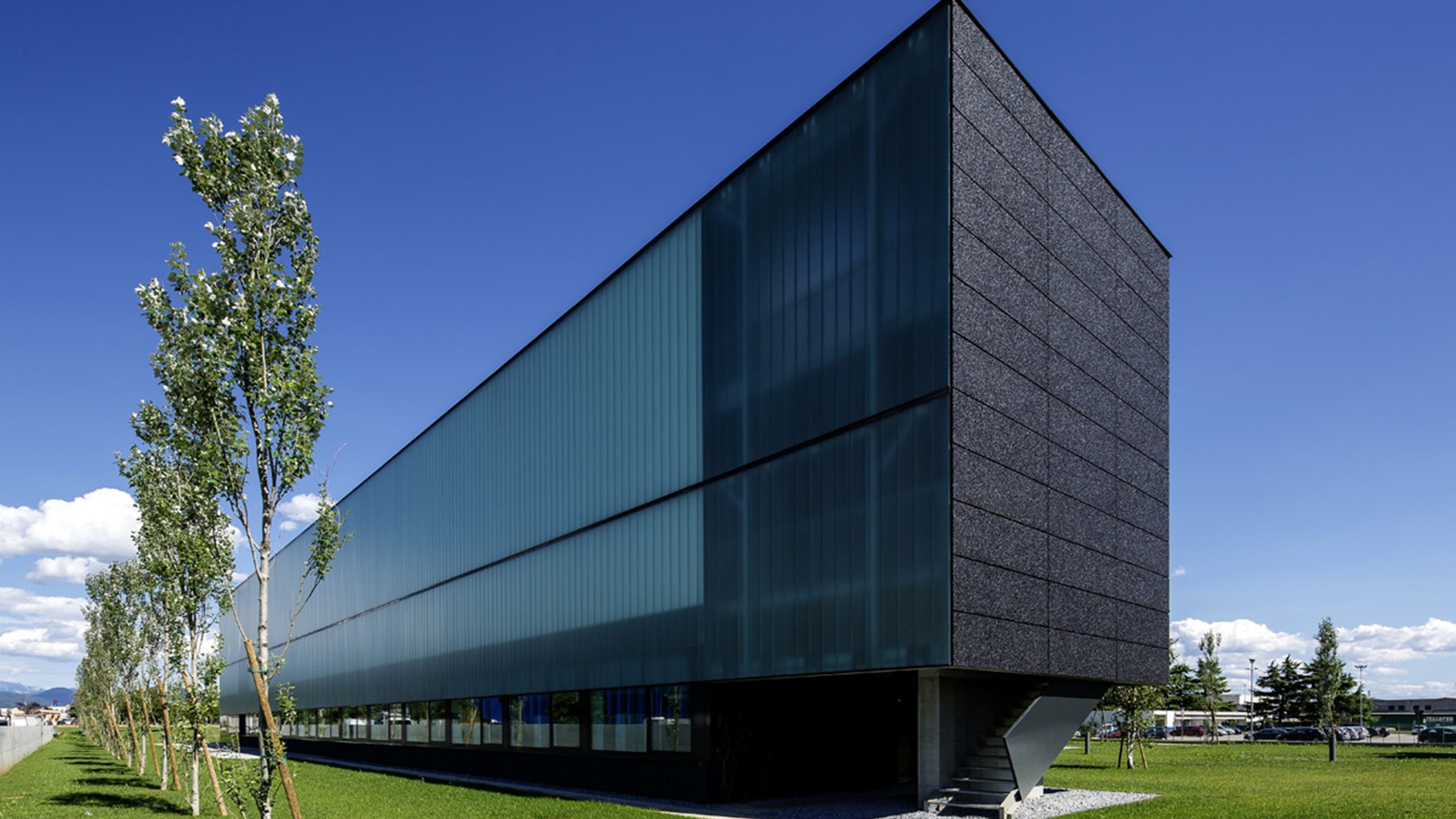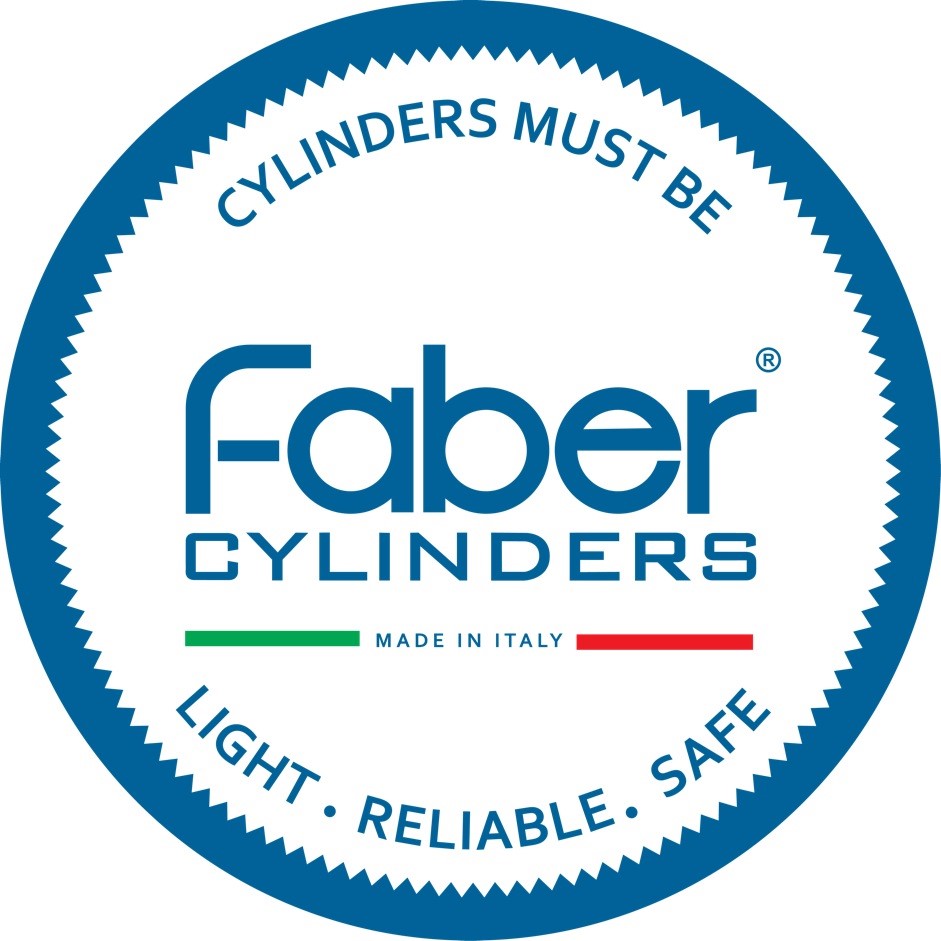H2Ref-Demo wants to “boost” high-capacity hydrogen refuelling and Faber Industrie will play a key-role
It is now official! The European project to develop a new concept of hydrogen refuelling station is moving forward with H2Ref-Demo, a hydraulic compression demonstrator project where Faber Industrie (Faber) will be one of the major consortium partners.
Europe has once again placed its trust in the consortium led by Cetim, the French technical center for mechanical industries is one of the largest industrial research organizations in Europe, for the development of a ground-breaking concept of hydrogen distribution station. The H2Ref-Demo project will enhance and multiply by 5 the innovative compression concept devised in the initial successful H2Ref project. The goal is to meet the refuelling needs of large vehicles requiring hydrogen distribution at rates of several hundred kg/h, such as refuelling a fleet of buses every evening at the depot, refuelling trucks or even trains. The H2Ref-Demo consortium is led by Cetim and brings together H2Nova (responsible for hydrogen compression design concept), UTC (responsible for hydraulic power train concept and bladder test skid), Hydac (hydraulics components such as accumulators implementation and hydraulic system plus bladder properties testing), HRS (main partner responsible for the final implementation and testing of the H2Ref-Demo concept), UNIMORE (responsible for simulations of the entire hydraulic and pneumatic functionality) and Faber. A vital transition to hydrogen for heavy transport It is believed that the switch from fossil fuels to hydrogen is essential to decarbonise heavy transport: the energy density of batteries is generally insufficient for the required amount of energy to be stored on board. This primarily applies to heavy goods vehicles, trains running on non-electrified lines and coaches (long-distance buses). In addition, as regards heavy road transport, the new European regulations, which call for a 30% reduction in PRESS RELEASE
CO2 emissions from new heavy goods vehicles at fleet level by 2030, will result in the introduction of hydrogen power trains. Under the EU directives and according to recent projections by 2030: 60,000 hydrogen powered trucks could be in service in the EU, 2,000 hydrogen refuelling stations will be needed with a requirement for hydrogen refuelling stations with a hydrogen capacity of at least 2 ton/day along European highways. In other words, a total investment estimated at 7 billion euros. By 2050, hydrogen could power a European fleet of about 45 million passenger cars, 6.5 million light commercial vehicles, 250,000 buses and 1.7 million trucks. Developing high-capacity hydrogen filling stations The H2Ref-Demo project builds on the achievements of the previous H2Ref project which devised a disruptive solution based on the use of hydropneumatic accumulators for refuelling passenger vehicles (5 kg/vehicle, 30 kg/h). This new approach combines the high performance of hydraulic supply systems and steel lined Type 2 composite pressure tanks. It offers considerable benefits for high-capacity refuelling, with heavy transport requiring the distribution of 20 to 80 kg per vehicle. To be specific, HRef-demo will develop and test, on a large scale, a high-capacity compression module that is able to compress hydrogen either for storage with a capacity of 1.2 ton/day or for distribution at 350 Bar (150 kg/h – 2.5 Kg/min). Once the system is fully optimised, it will be tested for one year in a refuelling station operated commercially on the HRS premises. This key milestone should allow the H2REF compression system to be marketed to fuelling station operators as hydrogen-powered truck fleets become available (and probably trains and buses as well). Accelerating hydrogen mobility The H2Ref-Demo consortium brings together three major European industrial players who are already world leaders in their respective fields: hydrogen refuelling solutions in the case of HRS; hydraulic power systems, hydraulic accumulators and high-pressure components for Hydac; and mass-produced pressure cylinders and storage systems for Faber. At a broader level, H2Ref-Demo demonstrates Europe’s ability to develop and deliver breakthrough hydrogen refuelling solutions. It is aimed at overcoming a technological barrier and accelerating the spread of hydrogen mobility, which is essential to achieve decarbonisation of transport applications where batteries are not an ideal solution for onboard energy storage.
Faber role within the H2REF-Demo According to Pavel Kucera, Product Manager with Faber and Project Leader for the H2Ref-Demo, “Faber will develop and certify highly advanced large
volume composite accumulators shells with significantly increased working pressure than standard industrial types currently existing. These new accumulators shells will dispone with enhanced properties in several areas, specifically the fatigue and burst performance and last but not least significantly optimized weight in comparison with full steel accumulators shells designs. Faber’s contribution in the project will also be in the segment of performance and material testing to show the highest product safety level achievable.”
The H2Ref-Demo project is co-funded by the European Union’s “Horizon Europe” programme under the “Clean Hydrogen Partnership” (grant agreement No. 101101517).

